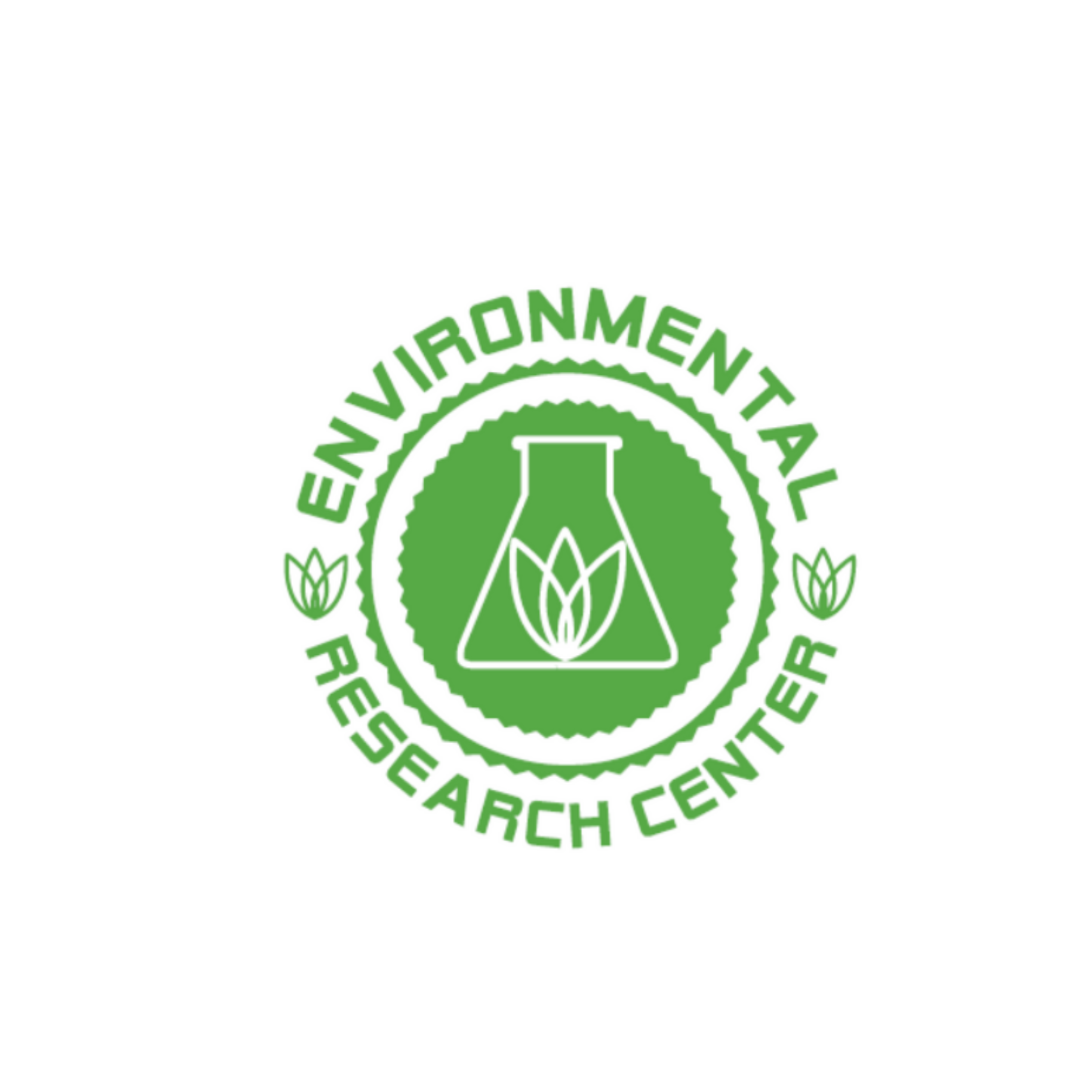
TSCA Reform
The Toxic Substance Control Act of 1976 (TSCA) is a contemporary public policy issue under review because it is outdated. It is one of the few environmental policies from the 1970s not updated to reflect changes in technology and American principals. Though the many stakeholders in this issue cover a range of positions, most of them contend that reformation is necessary for effectiveness and efficiency. Among these many stakeholders, three prominent players are the American Chemistry Council, the Environmental Protection Agency, and the Safer Chemicals Healthy Families Coalition.
American Chemistry Council
The American Chemistry Council (ACC) is a non-governmental, industry-based, trade association. Their position is that TSCA modernization is necessary for
“scientific advancements and to ensure that chemical products are safe for intended use—while also encouraging innovation and protecting American jobs” (TSCA Modernization, para. 1).
According to the ACC, TSCA reform will better serve public health objectives through modern testing. They support faster, less expensive testing and for the results to be more readily available to the public. The exception they make to information availability is protecting the proprietary rights of chemical development and use companies. They also support both modernizing testing and also the EPA’s continued use of the EPA's approval process for new chemicals. They are in favor of American independence on chemical policy, stating a lack of proof for the effectiveness of the EU’s chemical policies while supporting some components of Canada’s policies (TSCA Modernization, last bullet point).
The ACC exerts its influence on TSCA reformation through the Chemical Safety Improvement Act of 2013 (CSIA). According to the ACC’s Summary of the Chemical Safety Improvement Act of 2013, the CSIA has seven main points: existing chemical assessment, new chemical review, testing, information management, business confidentiality, preemption limitations, and miscellaneous provisions.
Environmental Protection Agency
The EPA is directly responsible for the implementation and acts on reformation of TSCA. Their position is that reform is necessary in order for the EPA to do its job effectively and efficiently. They contend that TSCA, in its current form, puts the burden of substantial proof on the EPA instead of in favor of environmental or public health, effectively tying the agency’s hands into a no-action position. Former EPA Administrator Lisa Jackson cites the overturning of their 1990s policies on asbestos control as an example of such binding by TSCA. According to the EPA (2012), TSCA reform will:
"modernize and strengthen the tools available in TSCA to increase confidence that chemicals used in commerce, which are vital to our Nation’s economy, are safe and do not endanger the public health and welfare of consumers, workers, and especially sensitive sub-populations such as children, or the environment". (para. 1)
The EPA is influencing TSCA reformation through six principals detailed in Essential principles for reform of chemicals management legislation.
supports the use of scientific evidence to protect human and environmental health
asserts that the burden of proof should lie with the chemical manufacturer or that the EPA should have the authority to obtain this information without obstacles
emphasizes the need for EPA control over risk management
prioritizes chemical reviews
supports the development of sustainable alternatives
stresses the need for proper and consistent funding to reach these goals
Safer Chemicals Healthy Families Coalition
The Safer Chemicals Healthy Families Coalition advocates for individuals, organizations, and businesses concerned with chemical safety. Their position is that reform is necessary
The Coalition influences TSCA reformation through lobbying, working for retailers to cease sales of toxic products, and providing toxic chemical education. Their position is that both CSIA and also the 2014 Chemicals in Commerce Act do not do enough to protect public health. According to their article What is TSCA? , their principals are similar to those of former EPA administrator Lisa Jackson, who’s speech to the Commonwealth Club of San Francisco in 2009 focuses on six principals previously described.
Weigh-in: What are your thoughts on chemical policy reform?
